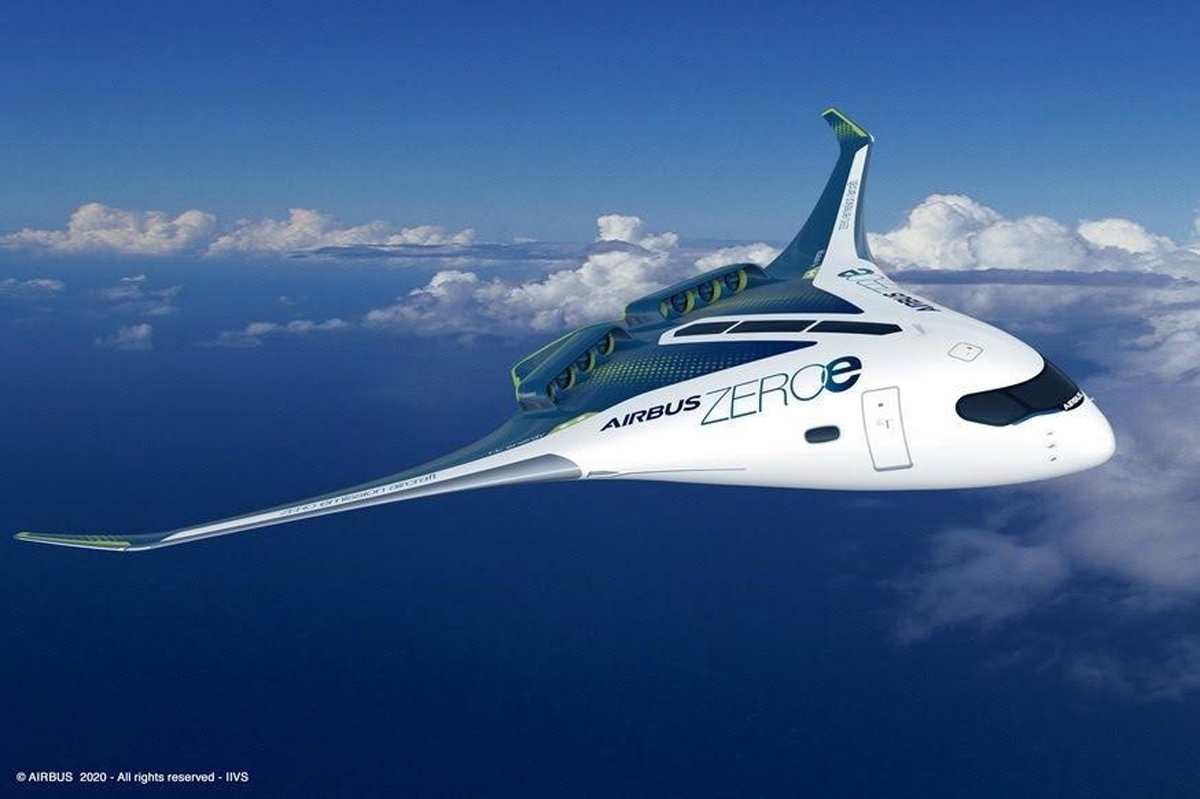According to a report by Wired, the method used by researchers from the university effectively reverses the process of burning fuel by relying on the organic combustion method. The team achieved this technique by heating a mix of citric acid, hydrogen and iron-manganese-potassium catalyst, which would in turn convert CO2 into a liquid fuel capable of powering vehicles such as aircrafts. Furthermore, the Oxford University researchers added that this approach is inexpensive, uncomplicated and relies on commonplace materials. So much so that it is claimed to be cheaper than the processes used to convert hydrogen and water into fuel. However at its current state, the newly discovered method is only capable of producing a few grams of CO2-based jet fuel, which is less than ideal to fully power an aircraft for a single flight. Suffice to say, the process will require an extended amount of time in order to produce enough fuel for an entire fleet and for multiple trips. Due to this, the researchers are in talks with industrial partners to propose using CO2 jet fuel as a temporary zero emissions alternative for airlines. This enables the companies to continue using their existing aircraft until they are ready to adapt to newer eco-friendly propulsion technologies. (Source: Oxford University UK / Wired | Header image: Kehan Chen / Getty Images)
